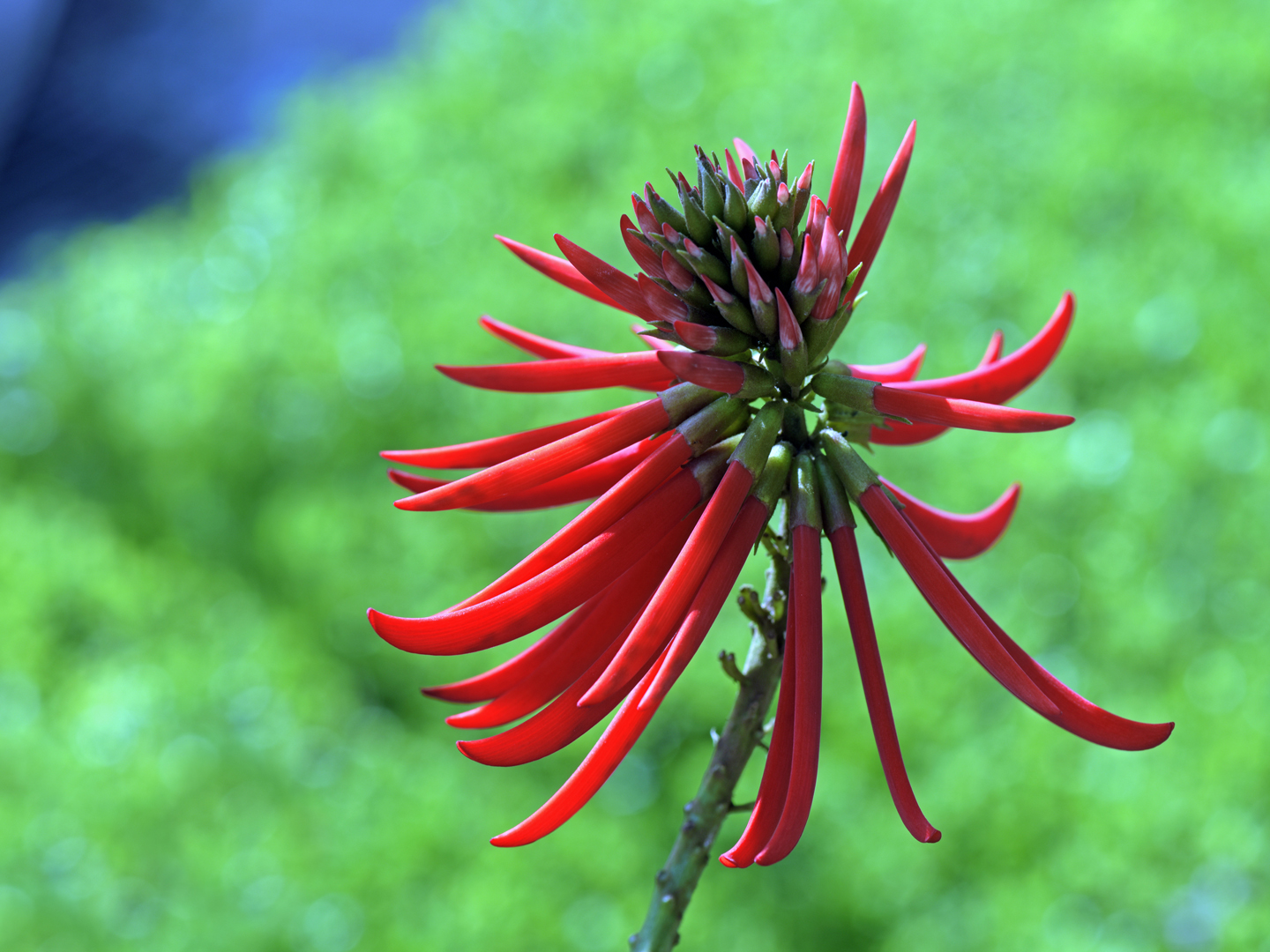Mulungu: Rainforest Remedy for Insomnia?
I have trouble with insomnia and a friend suggested I take mulungu. Do you know anything about the effectiveness of this medicinal plant? I’ve heard it has some of the same properties as kava.
Andrew Weil, M.D. | November 13, 2012

Mulungu (Erythrina mulungu) is a tree that grows in the rainforests of Brazil and Peru. Preparations made from its bark and roots are widely used by native people in South America as sedatives, for mulungu’s calming properties and to promote sleep. I discussed your question with Tieraona Low Dog, M.D., an internationally recognized expert in the fields of integrative medicine, dietary supplements and women’s health, and an authority on botanical medicine. Dr. Low Dog tells me that mulungu has been gaining popularity in the United States. Research in animals has clearly shown that mulungu reduces anxiety, although there haven’t yet been any studies in humans to validate its traditional use.
Kava (Piper methysticum, also called kava kava) is a Polynesian herb that can be effective for alleviating the symptoms of anxiety. We do have good human studies on the effects of kava, some of which have shown improvements after only one or two doses, and have suggested that these benefits were maintained over the following few weeks. Some years ago, reports from Europe of cases of liver damage related to kava use raised safety concerns. These seem to have resulted from alcohol (as opposed to water) extracts of the root and the use of above-ground parts of the plant, which traditional kava users never consume. Water extracts of kava root are generally safe; nevertheless, I would advise those with known liver disease to avoid them.
I recommend kava instead of prescription drugs for short-term management of stress and anxiety. I don’t recommend long-term use of any substance, natural or synthetic, for anxiety relief because I feel it is more important to learn how to control anxiety at its core. This may require cognitive-behavioral therapy, which can teach you how to change any anxiety-promoting thought patterns and develop healthier coping skills. You can also try breath work, meditation, regular aerobic exercise, journal writing, and eliminating caffeine and other stimulants that can trigger or worsen anxiety.
The two best natural treatments for insomnia are valerian and melatonin. Valerian is a sedative herb, used for centuries. You can find standardized extracts in health food stores and pharmacies. Take one to two capsules a half hour before bedtime. Melatonin is a neurotransmitter-like substance that regulates the wake/sleep cycle and other daily biorhythms. Try sublingual tablets (to be placed under the tongue and allowed to dissolve); take 2.5 mg at bedtime as an occasional dose, making sure that your bedroom is completely dark. A much lower dose, 0.25 to 0.3 mg, is more effective for regular use. Both valerian and melatonin are safe and effective.
Here’s where you can find more of my recommendations for dealing with insomnia.
Andrew Weil, M.D.









